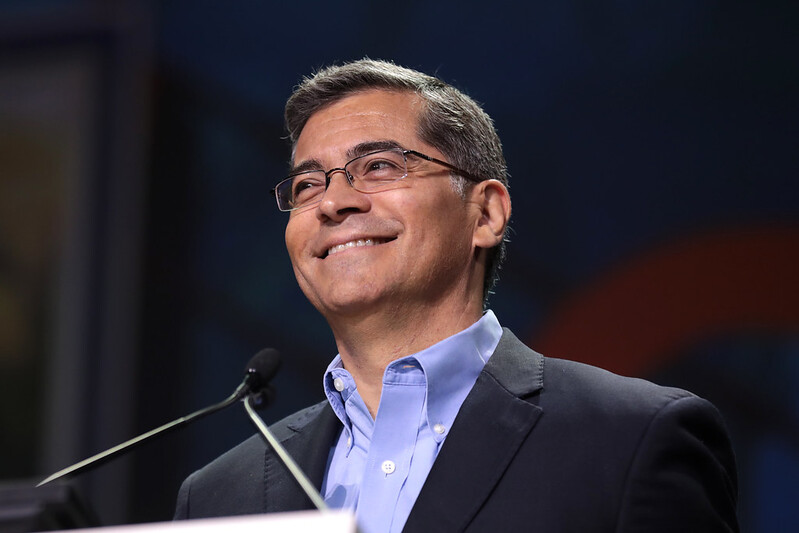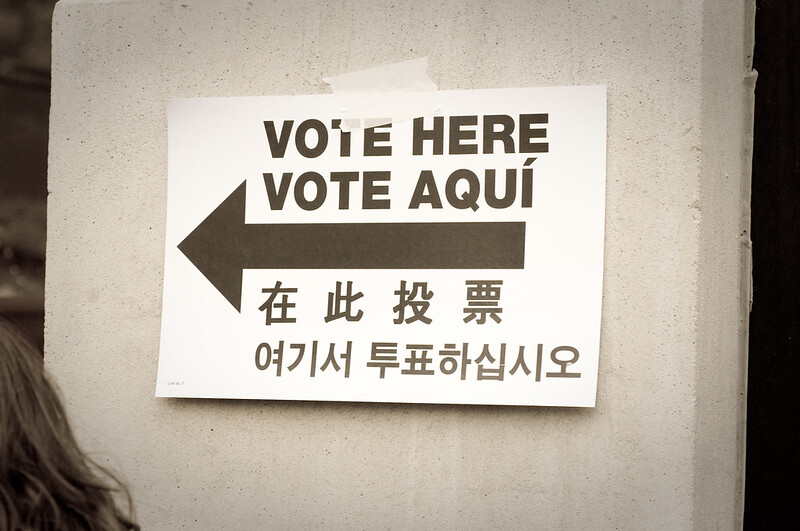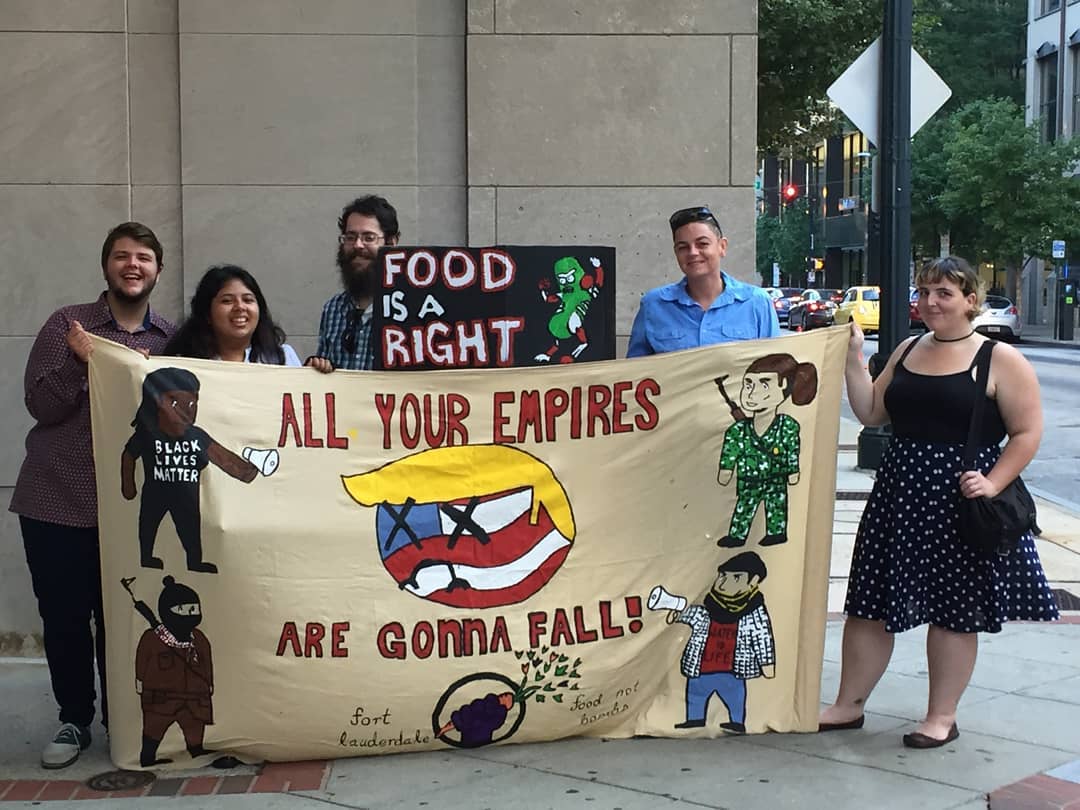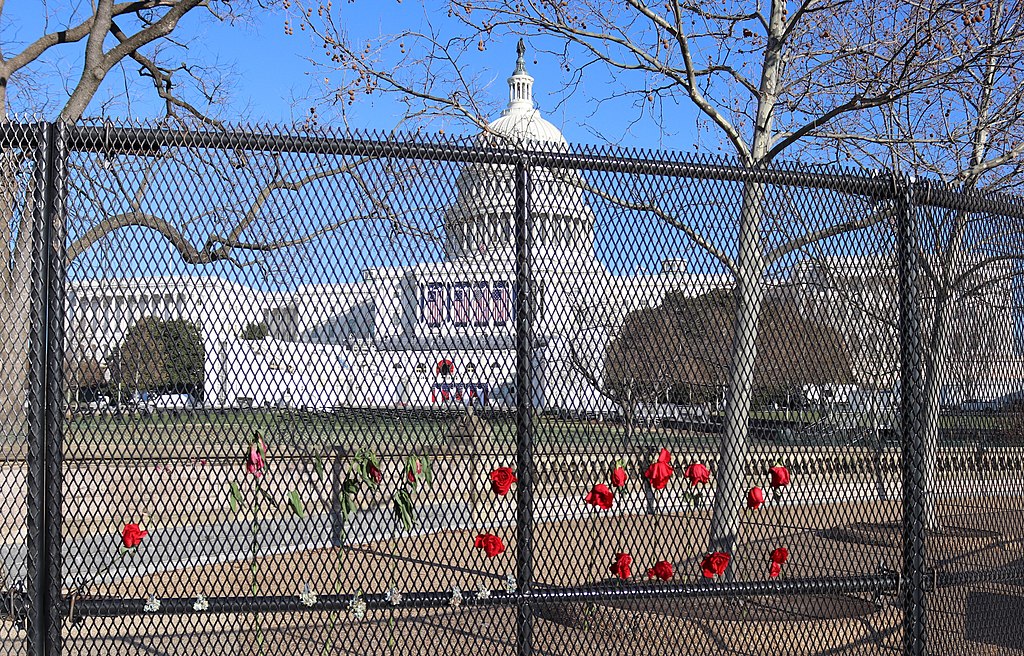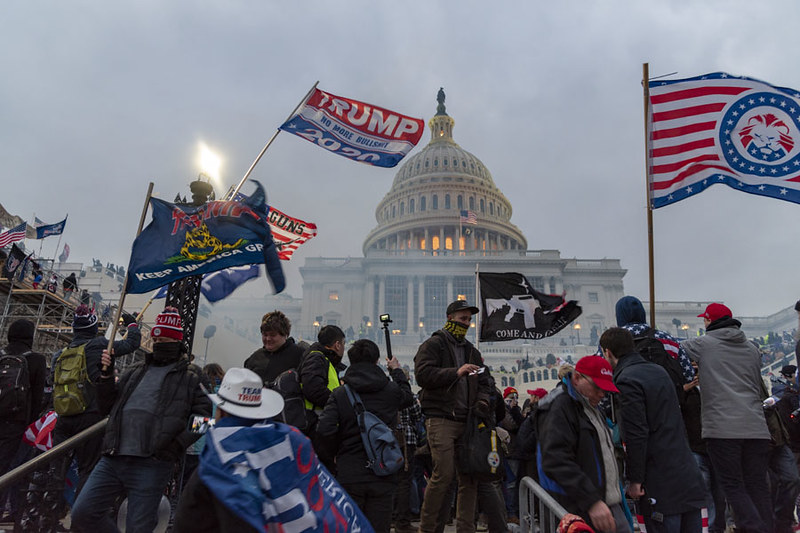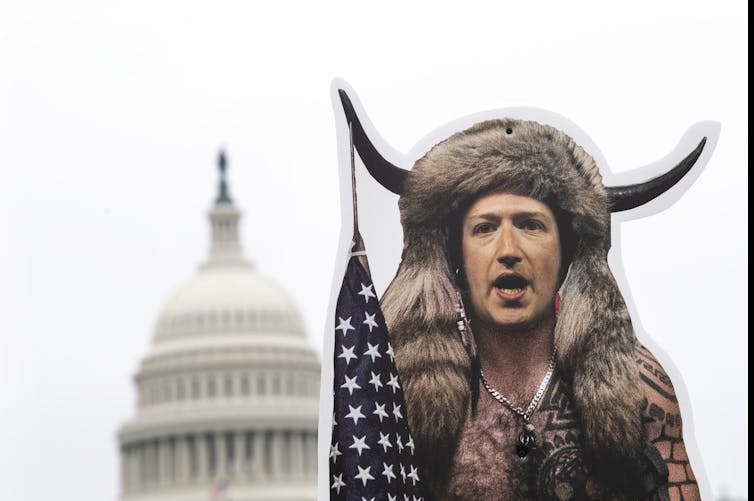“Single-payer healthcare is long overdue, and while we push for Medicare for All nationally, California can lead the way by enacting CalCare.”
By Brett Wilkins Pubished 1-7-2022 by Common Dreams
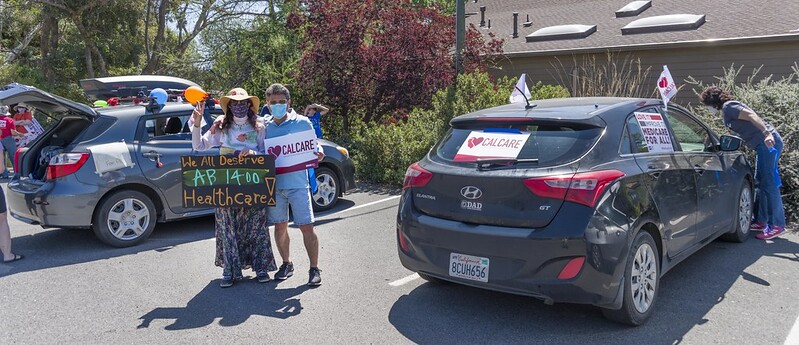
Single-payer healthcare advocates prepare to participate in an April 16, 2020 auto caravan in Ukiah in support of A.B. 1400, also known as CalCare, which would provide all California residents with medically necessary care with no co-pays, deductibles, or other out-of-pocket costs. (Photo: Bob Dass/Flickr/cc)
As a bill to deliver single-payer healthcare to Californians is set to advance to a state legislative health committee next week, more than a dozen automobile caravans will take to the streets of cities and towns across the Golden State on Saturday to promote and show support for what could be a first-in-the-nation universal care program.
The proposed legislation, A.B. 1400 or CalCare, would provide all medically necessary healthcare to every California resident, regardless of immigration status, with no co-pays, deductibles, or out-of-pocket costs.
A related bill, Assembly Constitutional Amendment (ACA) 11, that was introduced Wednesday by Assemblymembers Ash Kalra (D-27) and Alex Lee (D-25)—two of A.B. 1400’s primary sponsors—would fund CalCare via a gross receipts tax, payroll tax, and a personal income tax on high earners.
On Thursday, A.B. 1400, which had previously stalled due to questions over how it would be funded, was approved by the Assembly Rules Committee—with strong Republican opposition—and will advance to the Health Committee next week.
At least 15 California caravans are planned for Saturday, from San Diego in the south to Eureka in the north. California Nurses Association (CNA) will host a rally and car caravan to the state Capitol in Sacramento.
“A.B. 1400 and ACA 11 provide Californians a clear understanding of what they can expect from a truly publicly financed, single-payer healthcare system and allows them to decide for themselves if they are better off paying for the most expensive healthcare in the world with the worst outcomes of any wealthy nation or guaranteed healthcare for all with CalCare while reducing overall healthcare costs,” Kalra said in a statement.
“Those that profit off the immoral status quo may not like it, but I am confident that the vast majority of working and retired Californians will see the benefit of significant cost savings as we remove debilitating insurance costs, out-of-reach prescription drugs, and arbitrarily high hospital fees,” he added.
Mike Bonin, who serves on the City Council of Los Angeles—one of more than two dozen municipalities supporting the bill—said in a statement that “single-payer healthcare is long overdue, and while we push for Medicare for All nationally, California can lead the way by enacting CalCare.”
“Unanticipated medical expenses should not doom people to bankruptcy, poverty, or homelessness,” Bonin continued, noting that A.B. 1400 “would offer healthcare coverage to three million uninsured Californians. As we have done with the minimum wage and the fight against the climate crisis, California can lead and show what’s possible.”
Oakland City Councilmember and mayoral candidate Sheng Thao said that “in Oakland, we know health disparities overwhelmingly impact our BIPOC communities in East and West Oakland. As cities across the state work to end health disparities we need California to step up and reaffirm that healthcare is a human right, that nobody should go bankrupt because they are sick, and that our health system prioritizes patients over profit.”
“They can do this by passing AB1400 this year to expand quality, affordable healthcare to every Californian,” she added.
Stephanie Roberson, CNA’s government relations director, said that “in 2022, we already have one guarantee: out-of-pocket healthcare costs for Californians will continue to sharply rise. This time, let’s guarantee Californians can get the care they need without going into medical debt, starting a GoFundMe campaign, or going homeless or not paying for food or heating bills instead.”
Activist Ady Barkan, who suffers from amyotrophic lateral sclerosis (ALS, or Lou Gehrig’s disease), noted that “our whole society has been profoundly disrupted by the Covid pandemic because we have built a healthcare system that prioritizes profits over people, and private wealth over public health.”
“Our state leaders must listen to our cities—large and small—who bear the brunt of our healthcare crisis and deliver guaranteed health care for all through A.B. 1400,” he added.
While then-Lt. Gov. Gavin Newsom, a Democrat, supported single-payer legislation in the past and called for such a program while campaigning for governor, he has not taken a position on CalCare.
“I don’t know how to do it, because it’s never been done,” Newsom said of single-payer during his gubernatorial run in 2018. “But I believe it can be done. And if any state can prove it, we can. I’m willing to tackle this.”
In addition to the 26 cities and Santa Clara County—home to San Jose—that support the bill, groups including the California Democratic Party, the California Labor Federation, CNA, Public Citizen, and various local chapters of the Democratic Socialists of America (DSA) back the measure.
“Guaranteed single-payer healthcare for all people regardless of citizenship status would have made my family’s life much more stable and safe when we were undocumented immigrants,” Dr. Haemin Cho, secretary and co-chair of the Progressive Democrats of America’s San Francisco chapter—a supporter of A.B. 1400—told Common Dreams. “CalCare is the best thing we could do during this crippling pandemic to ensure all families are safe from financial ruin due to illness. It can save lives and stabilize our economy.”
Lee, the legislation’s co-author, lamented that “despite being the richest country in the world, the United States is still the only country in the developed world without a system of universal healthcare.”
“The pandemic has made evident that tying your healthcare to employment isn’t just antiquated, it’s dangerous,” he added. “Now is the time to realize healthcare is a human right—and California will lead the way with CalCare.”
This work is licensed under Creative Commons (CC BY-NC-ND 3.0).
